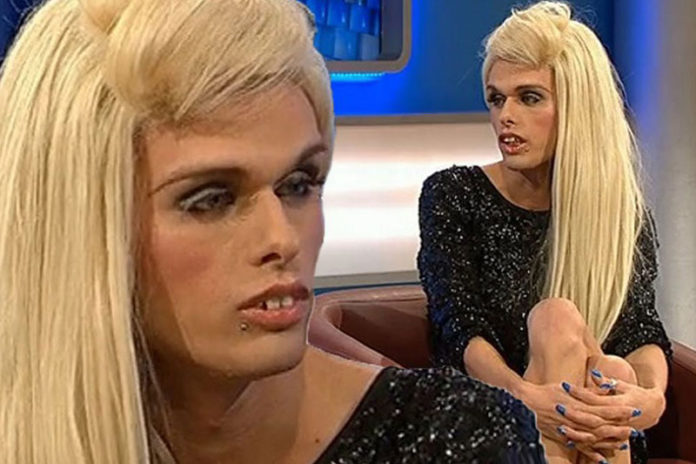Illinois’s largest high school district has broken federal law by refusing to let a transgender student use the girls’ locker room, according to the U.S. Department of Education.
Now? The feds are demanding that the Township High School District 211 in Palatine, Illinois, reverse course and let the student in question—who identifies as female but was born male—use the girls’ locker room, no questions asked.
The school district tried to make some accommodations for the student. That included letting the student use women’s bathrooms on campus, as well as allowing her to use a portion of the locker room and shower area that had been cordoned off with privacy curtains.
The district’s reason for drawing the line at the locker rooms was the privacy rights of its other students—essentially, the right for teenage girls (who were born female) to not have someone who may or may not have male genitalia watching them undress.
However, the Department of Education ultimately realized that was not enough.
The suit had first been filed by the transgender student in 2013, and the “investigation” into whether or not the district violated Title IX—which bans gender-based discrimination in schools—had been ongoing for two years.
The fight over use of bathrooms and locker rooms by transgender students has been raging over the last few months—but many students are not taking the bait with the latest “civil rights” fight.
Earlier this year, Hillsboro High School in Missouri saw hundred of students walk out of their high school in protest, after a transgender teen was allowed to use the girl’s locker room. The teen in question, Lila Perry, still had a completely male body—other girls were uncomfortable by what they saw as boy with a wig changing next to them.
But now, with the recent decision by the Department of Education, mass walkouts—like the one at Hillsboro High—may not be enough to protect privacy rights of the many in high school locker rooms.





























